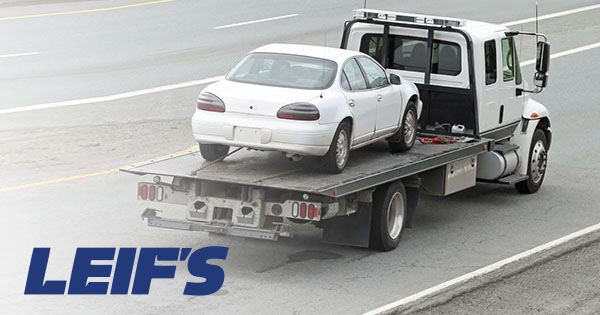Lighten Up! Automakers Reduce Weight to Meet 54.5 MPG Fuel Standards

Big changes are coming to the cars we will drive in the next
15 years as big as the changes that have happened over the last 20-30 years.
In that time, cars have become far safer, and far better for the environment
than they previously were. Fuel economy has gone up and down but more up than
down.
Part of the reason that fuel economy has not progressed as
fast or as far as safety and emissions is that much of the advance in safety
came as a result of increasing the weight of a car with bracing and more
advanced chassis and bodywork that can absorb an impact, plus the addition of
air bags and other features we take for granted, like power windows and air
conditioning.
Our engines are cleaner, more efficient, and more powerful,
but theyre also moving more weight, which reduces fuel economy.
So in order to meet the new 2025 Corporate Average Fuel
Economy (CAFÉ) standard of 54.5 MPG set by the Federal Government, automakers
are going to have to get creative, because reducing safety to save gas wont
fly with consumers.
Thats why automakers all over the world are looking for new
materials and techniques to make cars as safe as todays cars, but much
lighter. Some benefit will be gained by downsizing cars the era of the
gigantic Hummer and Excursion is over, replaced with the era of the small
Crossover Utility Vehicle and the renaissance of the passenger car.
The industry is already using high-strength steel, aluminum
and magnesium to cut weight and boost fuel efficiency in future vehicles to
meet 2016 CAFE standards that call for an average fuel economy of 35.5 mpg,
says a Reuters news report.
Automakers are also looking to incorporate carbon fiber and
silicon into chassis and body structures to lighten up the next generation of
cars, but its clear that all automakers need to create new designs.
“Americans still want large vehicles, so we’re not
going to get there by all running around in subcompacts because that’s not what
the American consumer is interested in, so weight’s got to come out,” said
Mary Foster, vice president of supply chain management for Inteva Products, as
quoted by Reuters.





